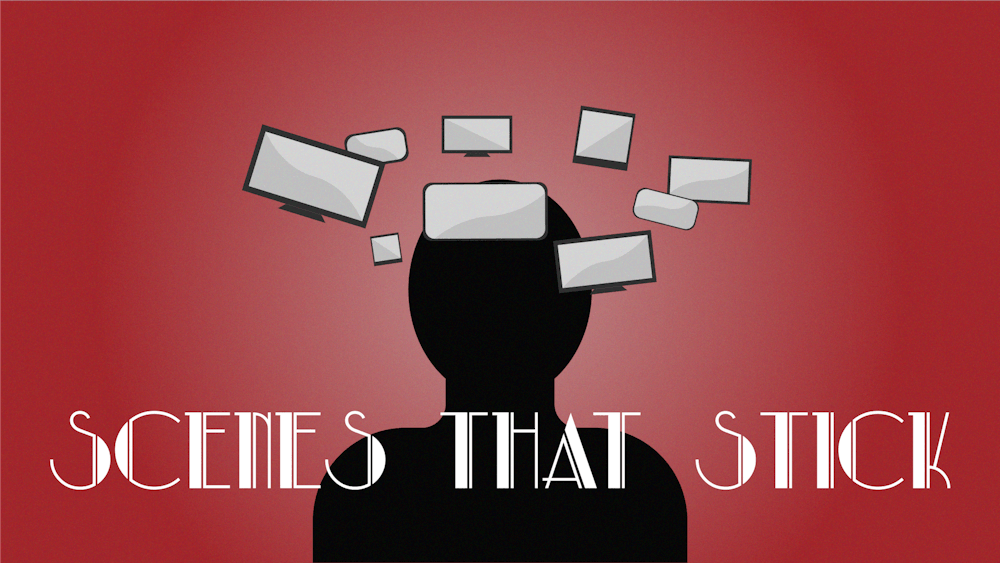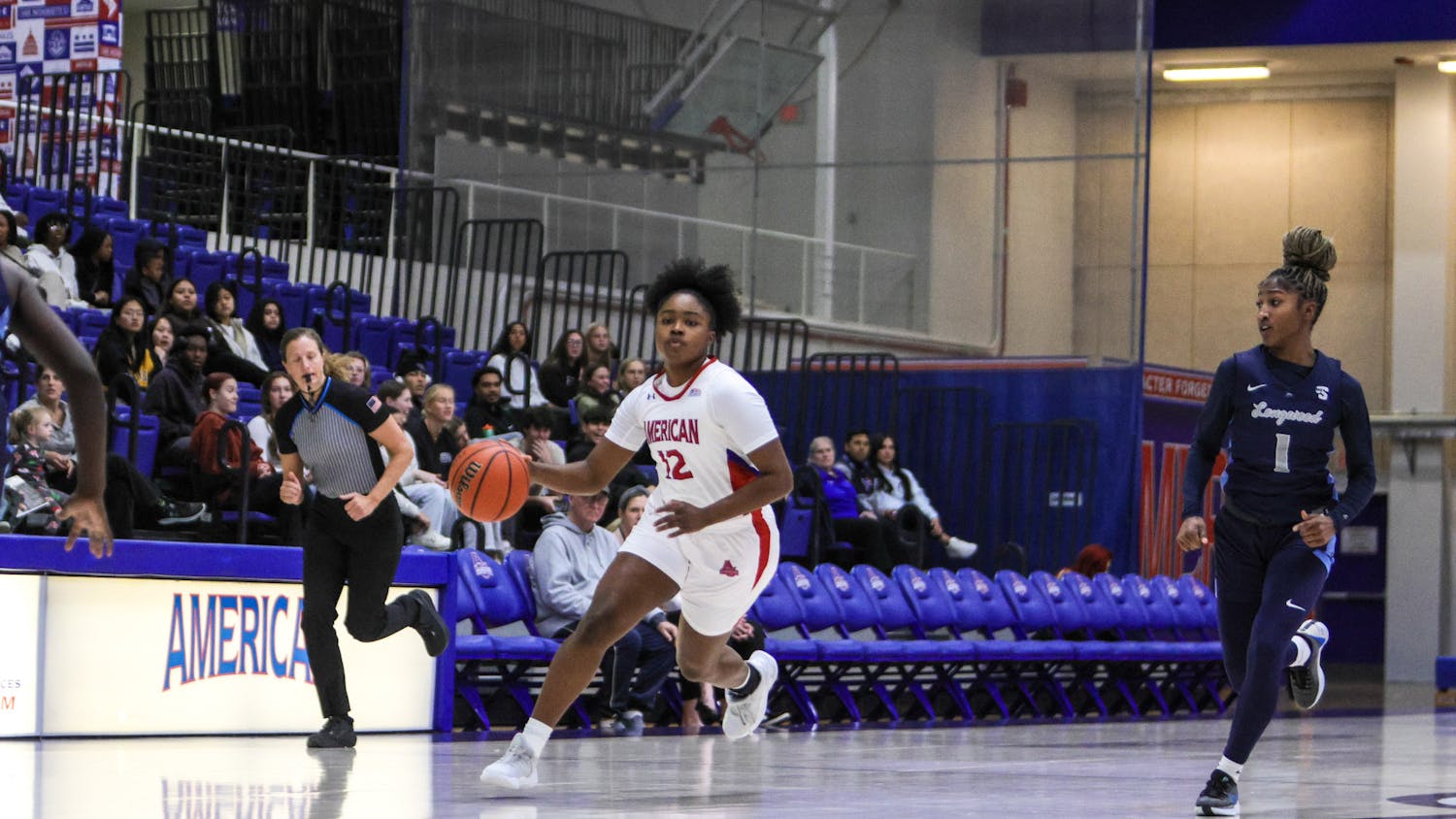Picture this: You and your best friend start a company together. Sure, your friend can be conceited, but he’s also a genius, and you know that you’re both doing something important that supersedes ego. You two have started a company called Facebook, and it’s taking over the country. So you’re willing to overlook some of his worse qualities; it’s all cool.
It’s been a pretty rough summer, though. You’re trying to navigate business internships and a crazy ex-girlfriend while financially supporting the company that started out of your Harvard dorm room. You’re feeling a little disconnected from everything, so you decide to head out to Silicon Valley to get caught up. You’ve got a party and a business meeting scheduled, but you’re not sure which is more important, so you dress for both. When you arrive, you’re not met with a party, but a lawyer who informs you that your best friend has screwed you out of everything. Definitely not cool.
This is where we find Eduardo Saverin at the crux of “The Social Network,” directed by David Fincher in 2010 and written by Aaron Sorkin. “The Social Network” is a fantastic movie, but this scene is one that really sticks. It stars Jesse Eisenberg as Mark Zuckerberg and Andrew Garfield as Eduardo Saverin. The film flips between their creation of Facebook and a series of resulting legal depositions because, as the official tagline suggests, “You don't get to 500 million friends without making a few enemies.”
More than anything, this scene is a perfect distillation of each of the main characters; their true colors are exposed by raw betrayal and the need for power.
None of the characters in this movie are the archetypical macho man; they’re tech nerds who have stumbled into money, fame and coolness. But out of everyone, Eduardo is likable, and he’s got some charm. He’s the one, after all, who got into a finals club (the Harvard equivalent of a fraternity) even though Mark obsessed about getting in, and in turn, he never truly forgives Eduardo for it. Still, Eduardo is no tough guy by any means. But, in his confrontation with Mark and Sean Parker, played by Justin Timberlake, Eduardo makes them all seem like cowards.
It’s the sting of betrayal from your best friend that enables Eduardo to get to a place of machismo — it’s one that viewers can identify with because, even though we’ve probably never been forced out of a billion-dollar company, we understand the feeling of being betrayed by someone you love.
We also see the completely unhinged aftermath. Eduardo has the perfect comebacks to Mark’s ashamed stuttering and Sean’s snark. It’s like when you spend weeks thinking about a conversation and coming up with better insults and arguments after the fact, but Eduardo got to say it to their faces. It’s priceless.
“The Social Network” never attempts to make Mark the hero, which is probably the most prescient aspect of the film, given how we’ve seen in real time his move from tech genius to pseudo-politician and the mocked face of the debate about fake news and internet privacy. But in this scene specifically, we see how deeply insecure he is. He’s willing to lose the only friend he’s ever had to achieve coolness. It’s not money or fame he’s after because, at this point, he’s got both, the only thing he’s really missing is charisma. He doesn’t have it and can’t buy it, so he comes as close as he can by asserting his power over Eduardo.
Also in this scene, we finally get an interaction between Eduardo and Sean. They’re the two sides of the trio that never fit together, and they come to blows. Since his introduction, Sean had been whispering in Mark’s ear, promising everything if he would just listen to Sean’s business plan built on ego. Sean could never fully get Eduardo on board. Where Mark is blind, Eduardo can see through Sean’s exercises in vanity.
Any kind of meaningful reading or analysis of this scene aside, it’s also one that sticks purely for its quotability. Aaron Sorkin was truly in his bag — and his prime — when he wrote this scene. It’s hilarious and heartbreaking and absurd and justified, all at the same time. If nothing else, “The Social Network” gave us the sentence from Eduardo, “Sorry, my Prada’s at the cleaners along with my hoodie and my f--- you flip flops, you pretentious d-----bag.” This is one the best sentences that’s ever been said.
And the final words Eduardo says to Mark — right before storming out of the building surrounded by bodyguards who look more like his backup than an escort out — “You better lawyer up a--hole because I’m not coming back for 30 percent, I’m coming back for everything,” is said with such gravitas that at that moment, real-life outcomes aside, you believe him.
Ultimately, both Aaron Sorkin and David Fincher have laser-like precision when it comes to their craft. Sorkin’s dialogue is fast-paced and sounds more like music than conversation, and Fincher is so fastidious that you can watch a scene repeatedly and still miss some tiny detail that’s likely been agonized over. This scene is them at their best, and it’s a scene that never seems to lose its replay value.





